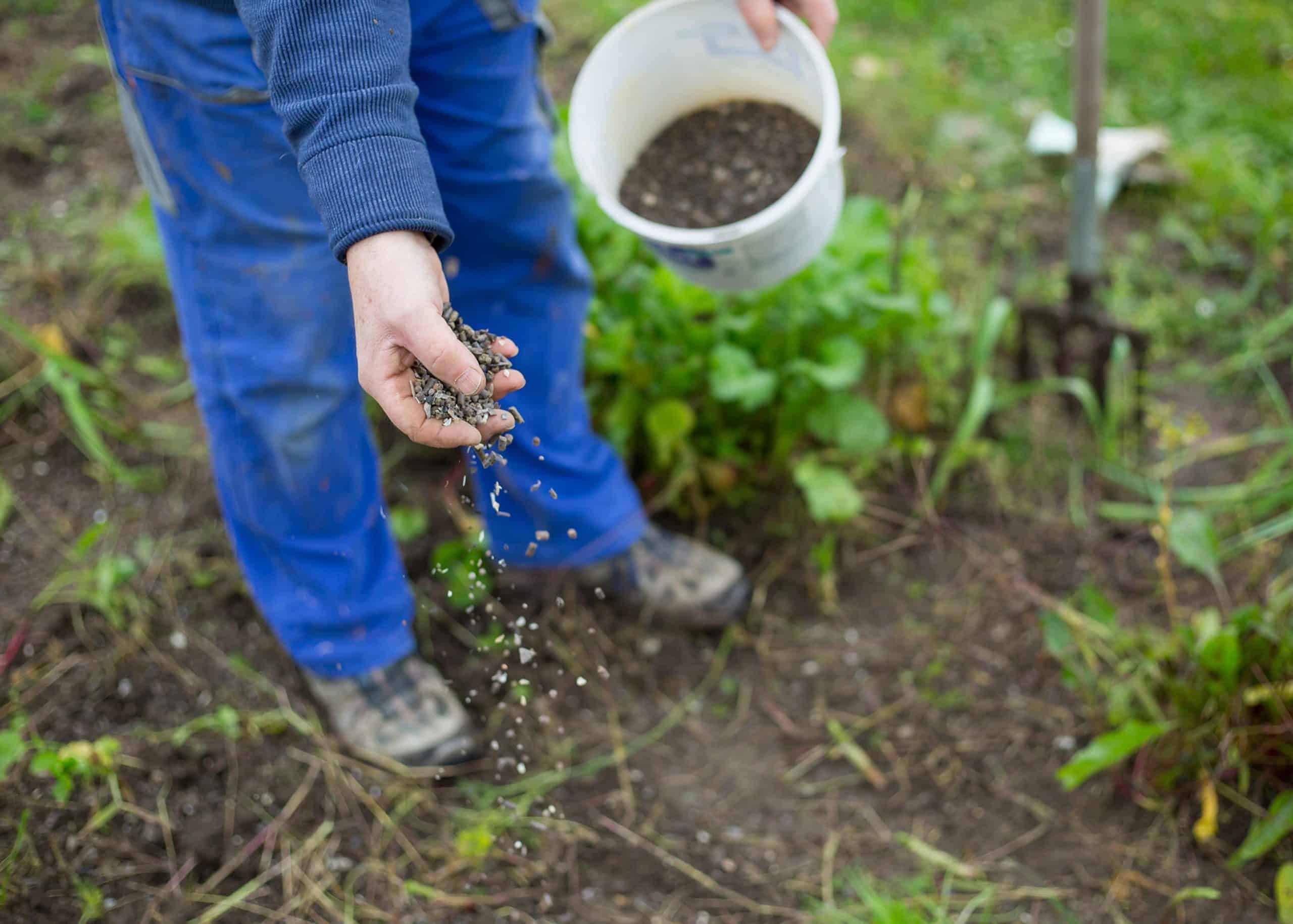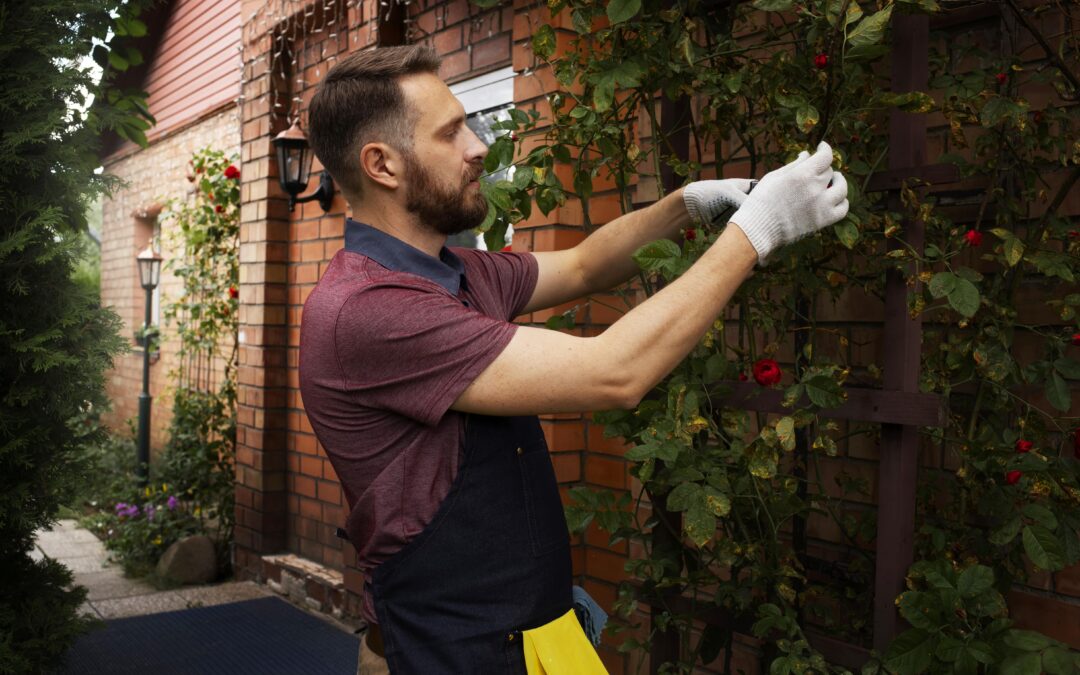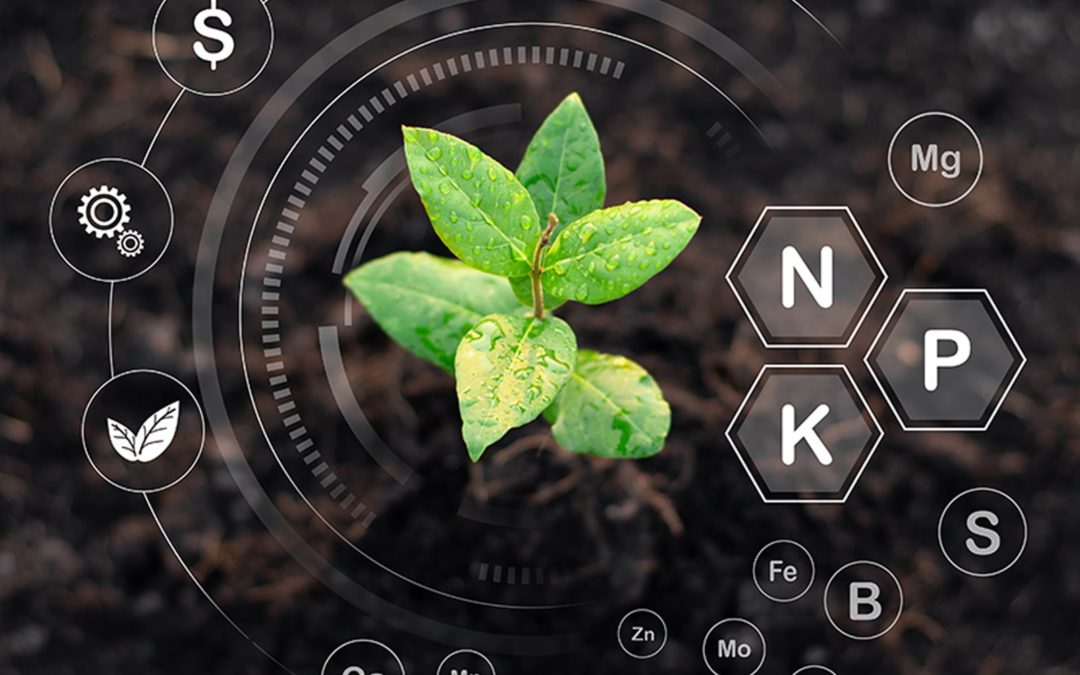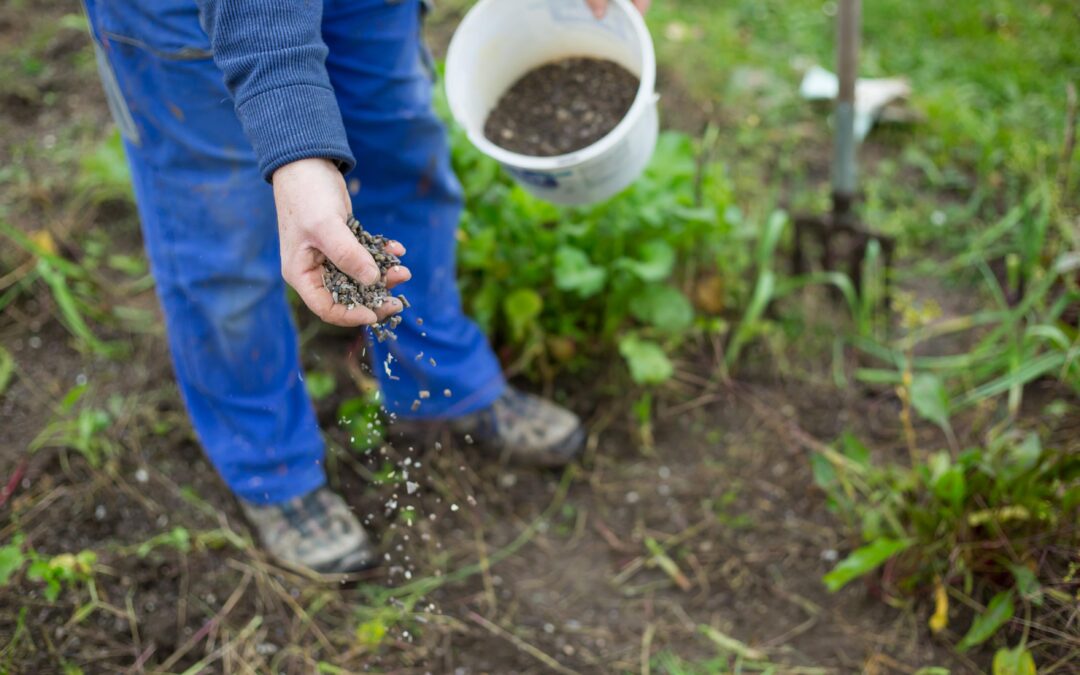Prior to reaching for a bag of bone powder, you’ll need to have to determine whether your soil needs it to begin with.
The first step is to perform a soil test. This can reveal you your garden’s present phosphorus levels. Compare that details to the suggested phosphorous levels for your preferred vegetables, and you’ll see whether you require to make up the difference.
As an example, potatoes are heavy phosphorus feeders while leafy veggies and nitrogen-fixing plants like legumes need much more nitrogen. As a general rule, sandy soil needs a lot more phosphorus than loam or clay does.
It’s ideal not to guess whether your soil requires phosphorus, as excessive can result in problems. For instance, excess phosphorus could impair chlorophyll production, which results in yellowing leaves.
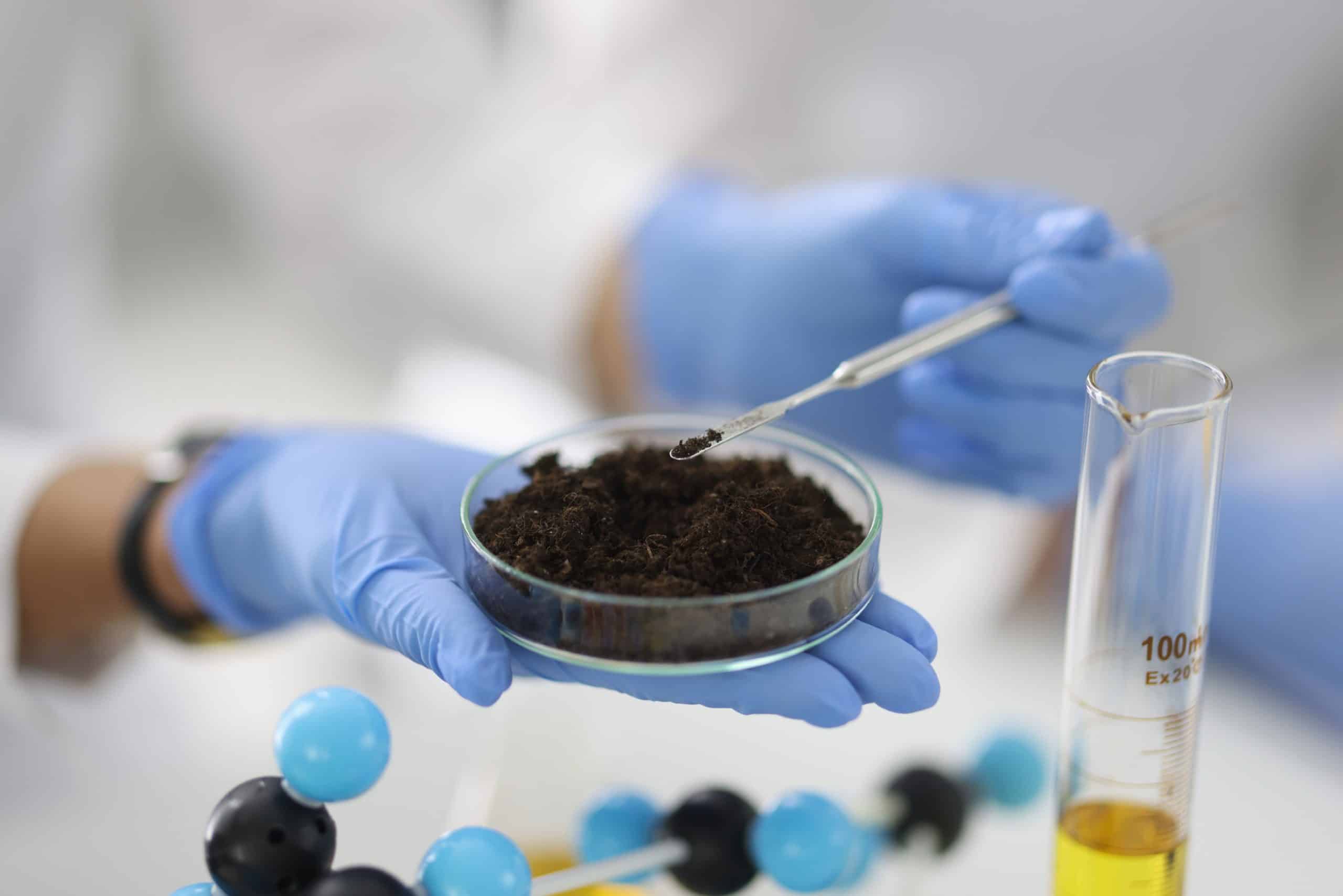
How to Use Bone powder In the Garden
If you’ve done your due diligence and identified your soil can benefit from bone powder, after that it’s time to learn to apply it.
- If you want to apply it within your entire garden, the general suggestion is 10 pounds per hundred feet of land or one tablespoon per growing gap for transplants.
- Otherwise, mix in 1/2 cup per cubic foot of potting soil or apply one pound per inches of trunk diameter for trees, spread uniformly from the trunk.
- Keep in mind that your needs might be varying, so you’ll need to consider your soil test results meticulously.
- As you use the bone powder, make sure to thoroughly mix it in your soil instead of top dressing it. This dilutes the scent to make sure that you’re less likely to draw in scavengers that might or else dig up your lawn beds.
- When applied, bone powder breaks down in the soil for roughly 4 months. This produces a constant food supply for the soil microbes that are good for your plants.
- Avoid reapplying throughout that period to make sure that you do not over-concentrate it.

